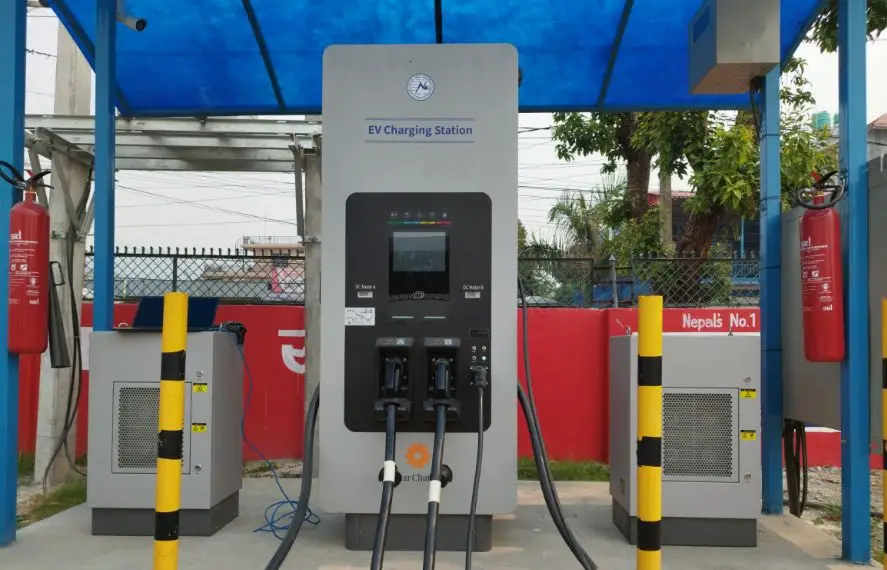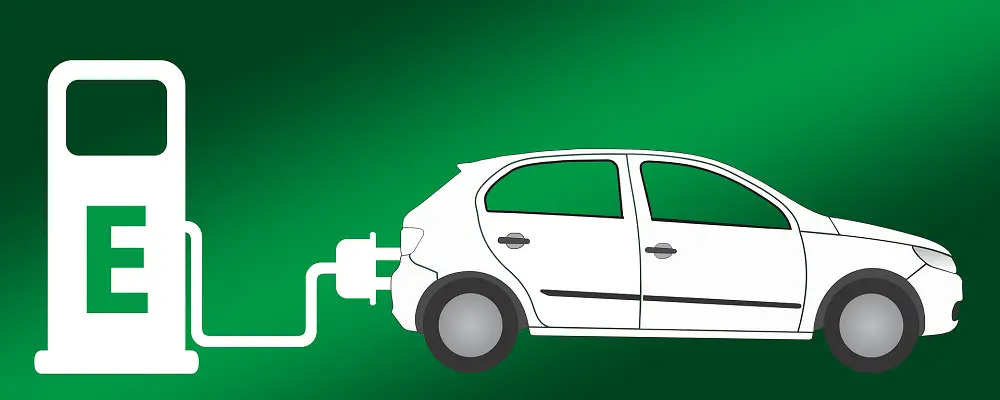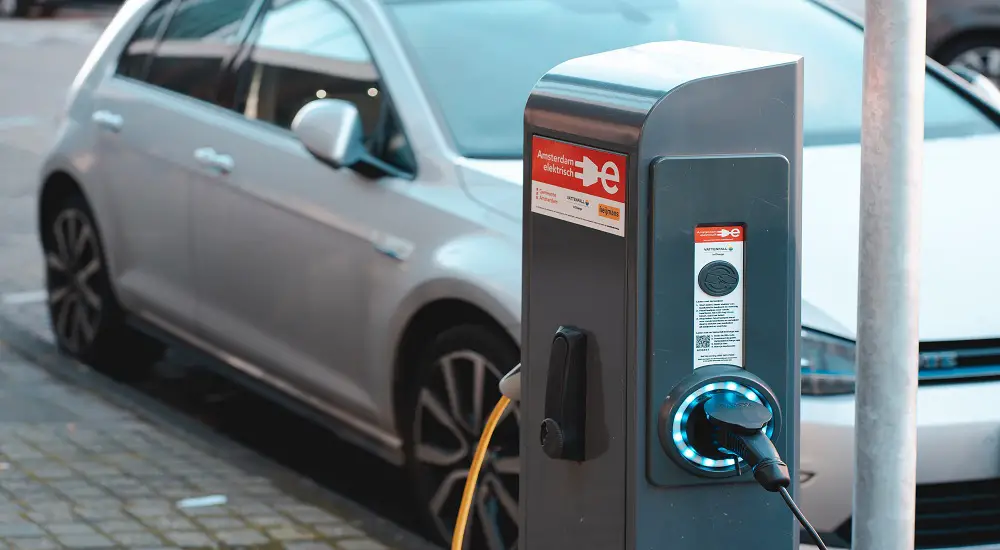The government of Nepal has kept the electric vehicle tax unchanged for the Fiscal Year FY 2082/83. On Thursday, Jestha 15, 2082, the Finance Minister, Mr. Bishnu Prasad Poudel, announced the government’s electric vehicle tax policies in his annual budget speech for the fiscal year 2082/83. The new but intact tax policy should be a surprising gift to the EV industry, as entrepreneurs were expecting a slight hike.
The tax duties for EVs in Nepal are based on the kW capacity.
For 0 to 50 kW EVs, the government levies a 15% customs charge and a 5% excise duty from FY 2082/83.
Check out: BYD Seal Price in Nepal, Overview, Specs, Battery, Speed
Electric Vehicle Tax in Nepal for 51 kW to 100 kW EVs
Likewise, for EVs that are 51 kW to 100 kW in capacity, the customs tax is set at 20%, while excise duty has also been set at 15%. The more powerful the kW capacity, the sharper the tax sting gets; however, the government has implemented a balancing act to some extent.
To illustrate, the EVs with kW capacity from 101 – 200 kW get a 30% customs charge. However, the excise fee has been kept intact at 20% for FY 2082/83.

The customs charge has been stiffer for EVs from 201 kW to 300 kW. These vehicles’ customs duty is set at 60% and excise duty at 10%, meaning it’s 35% in total. In FY 2082/83, EVs with 301 kW and above will again have an 80% customs charge and 50% excise duty.
| EV capacity | Customs charges FY 2082/83 | Excise duty FY 2082/83 |
| 0 – 50 kW | 15% | 5% |
| 51 – 100 kW | 20% | 15% |
| 101 – 200 kW | 30% | 20% |
| 201 – 300 kW | 60% | 35% |
| 301 kW | 80% | 50% |
Check out: top electric cars available in Nepal
The 2082 EV tax is good for the industry
There are some most-know reasons to buy an EV in Nepal. And the current tax policy, which plays a prominent role in the business prospects, has arguably been industry-friendly.

Don’t miss: Electric car brands and their market share in Nepal
What do you think of the latest electric vehicle tax in Nepal for 2082/83? Will the market see a normal growth trajectory? Do offer your opinion in the comments below.



